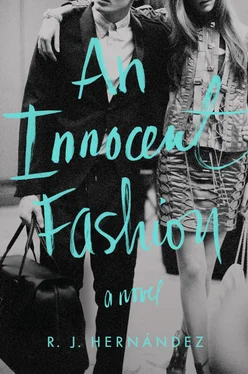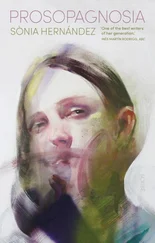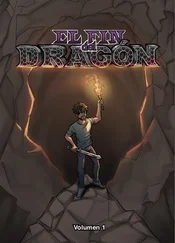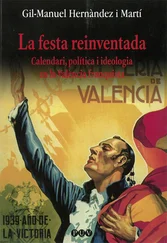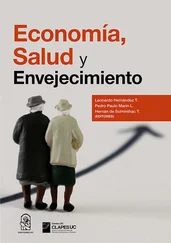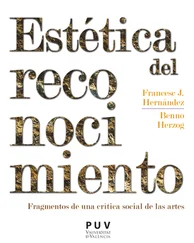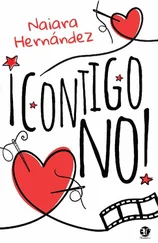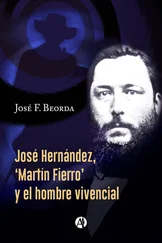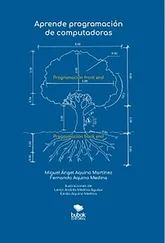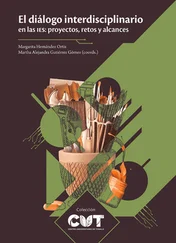Desperately hoping she wouldn’t pick on me, I took a seat in the back row of her class on the first day, as she prattled about her “rigorous standards” and distributed worn-out copies of The Great Gatsby . Pausing two desks in front of me, she caught my eye and gestured toward my suit, which admittedly distinguished me from my peers. “Looks like we have ourselves a Mr. Darcy,” she commented with a self-amused smirk.
Having read Pride and Prejudice , and almost everything else by Jane Austen, I knew exactly who Mr. Darcy was, but lowered my gaze to the desk to discourage further negative attention.
Ms. Duncan mistook my silence for a lack of comprehension. Raising a droopy brow, she sighed, “I should know better than to make literary references to illiterates.”
I was one second flabbergasted, the next inwardly erupting like a furnace that had just been stoked. Who did she think she was to make such an assumption about me, when I had probably read more books than she had? My anger bubbled upward as she creaked slowly down the aisle and thrust a book on the student’s desk in front of me; I watched her long, woolen dress swing nearer, and before I could control myself Austen’s own words escaped through my teeth with the searing precision of a lighter’s flame: “‘Angry people are not always wise.’”
Her wrinkled jaw dropped, then she recovered. “That’s a line you learned from the movie version, surely.” Her shadow fell onto my desk. “Let’s see how well you do writing ten-page literary essays based on terrible movie adaptions. You won’t be the first who tries, and you won’t be the first I’ve failed.” She slammed a tattered copy of Gatsby onto my desk as a conclusive retort, and if I hadn’t been so infuriated, I would have laughed out loud. I had already read it. Twice.
For two weeks, I participated in class through scalding glares. Then our first essay was due, and out of sheer spite, I turned in fifty pages, a whole dissertation about East and West Egg representing states of mental illness. I received the paper back after the weekend, tossed from Ms. Duncan’s hand and with a red F on the top. “For not following the word count,” she spat. “I’ll need a word with you after class.”
I fumed silently as she went on to berate the entire class: “With all the vocabulary in our magnificent language, I would have hoped you all could find better words to describe The Great Gatsby than—” she pulled out a list of words my classmates had employed in their critical essays “— cool — awesome — fun — nice — really nice— and my favorite, great , used without ironic relation to the book’s title.” It seemed obvious to me that she had experienced some kind of bitter failure in her life; she had probably dreamed of being a great writer herself, before getting rejected by all the publishing houses, and being forced to teach dullards at our deadbeat high school.
When class ended, I tried unsuccessfully to slip by her.
“Sit back down, Darcy!”
I rolled my eyes and faced her desk while the other students flooded around me and out of the room. The door slammed shut behind them, and Ms. Duncan pointed at a desk in the front row.
“I’m going to miss my bus,” I said, and refused to sit.
Her eyes narrowed. “I requested your records from middle school,” she rasped, patting a folder on her desk. “Dismal at best. As I’m sure you are all too aware. The comments are all the same — you miss classes, you don’t participate, and you only do the bare minimum to avoid failure.”
I shifted my weight and glared above her gray head at a quote from A Tale of Two Cities tacked to the wall, loath to give her the satisfaction of my full attention.
“Where did you learn to write?” she continued. “Because the person who wrote this, the person who—”
“Look,” I snapped. “I didn’t plagiarize that essay if that’s what you’re getting at. I obviously know what my grades were like in middle school, and if you keep hassling me, I’m going to miss the—”
Ms. Duncan pounded her desk with two fists, her nostrils flaring as veins emerged on her forehead like cracks in an old vase. “Don’t interrupt me, Darcy!” The pens rattled in the cup on her desk. “I know you didn’t plagiarize that essay-that’s the first thing I made sure of.” Her shoulders lowered. “Yours was the best paper in the class.”
She paused for a moment, perhaps expecting that through flattery she would gain my respect, but I continued doggedly to refuse eye contact, preferring to clench my teeth and reread over and over: It was the best of times, it was the worst of times. It was the best of times, the worst of times, best of times, worst, best worst best worst—
“It was insightful, and well written. It was, in fact, one of the most provocative analyses that I have read on The Great Gatsby , and trust me, I have read a lot of them.”
I nearly blurted, “Then why did you give me an F?” but it was true that I didn’t want to miss the bus, so I crossed my arms over my chest instead.
“Not interested to hear it, are you? I suppose you don’t care what your teacher says?” She tapped the butt of her pen against her desk while I switched to staring at the door. “Now, where are you going to college?”
I responded with a paltry shrug.
“You don’t know.? Then I guess you envision yourself in Corpus Christi forever, don’t you?”
I finally looked at her. She was sitting there, beadily judging me , and repulsion rose in my throat: “Nothing in the world could make me stay here.” These were words I had never said aloud: words from deep within, which inside of me had always seemed so strong and complete, but suddenly flung into the open air they sounded fragile and thin. In my terror that the words might not be true, more words came flying out, shattering against the wall and tinkling to the floor around Ms. Duncan’s desk: “Four more years and I’ll be out of here — out of this school, this town — I’ll be far, far away, while you and everybody else will just rot here, and if you think I can’t do it—” I gulped.
Ms. Duncan silently twirled a pen between her bony fingers. “And how do you plan to make it anywhere with these grades?” She gestured once more to the front row. “Sit down, Darcy, and let’s have a chat. If you miss the goddamn bus I will take you home myself.”
MS. DUNCAN WAS THE FAIRY GODMOTHER I HAD HOPED FOR. Our long conversation in her classroom that afternoon marked the first time certain synapses in my brain had connected to form an important thought: I might actually be able to reach my destination, if only I followed a map. I swore to follow Ms. Duncan down every turn if it meant I would have a chance in the world, and thereafter my success was her fiercest passion, as I became her one chance at achieving whatever glory had eluded her in her own life.
I read and studied and followed a rigorous schedule of college prep exams; and ironically, after I had dedicated myself wholeheartedly to escape Corpus Christi, I finally started to feel okay there. My suits got more colorful, my attitude more eccentric, and the more comfortable I was with myself, the more comfortable others were around me — girls, at least.
None of them were attracted to me romantically. Evidently it was a truth universally acknowledged that a boy who wears a suit and pink socks “must” be gay, and pretty soon it was not only Cesar Montana but also the rest of the students who had applied that truth to me. It was a fair enough assumption. The prevailing gay stereotype in Corpus Christi centered on criteria abundantly satisfied by my fundamental qualities: my preference for female company, my disinterest in typically masculine activities, and especially my love of fashion and the arts. Even though I’d never had a boyfriend or a girlfriend, and was in fact hilariously ignorant about sex, the boxes were otherwise checked.
Читать дальше
